For several years now, Fitbit has been a name synonymous with activity trackers. The Fitbit Versa, however, is much more than a wearable gizmo that counts your steps. It is a full-fledged smartwatch and a capable fitness companion – one that you can safely swim with, one that stores music for offline listening, one that lasts for days between charges. And all of that comes at a very reasonable price of $200. But is getting one really worth it? I spent a couple of weeks wearing the Fitbit Versa to find out.
In the box:
- Fitbit Versa
- Small and large bands
- Charging dock
- papers
Design and comfort
With its bland case design and square display that isn't even centered, the Fitbit Versa may easily be mistaken for a watch you'd pull out of a claw crane machine. That, however, stopped being of any importance as soon as I wrapped it around my wrist. The Versa is very light and very comfortable, and I've been wearing it all day every day throughout my testing. Sleeping with it is not utterly uncomfortable either.
The Fitbit Versa has a body made of aluminum, and the screen is covered by a layer of Gorilla Glass 3. Although there's no raised bezel surrounding the screen for protection, my review unit is holding up really well so far, showing no scratches or signs of use.
Fitbit is offering the Versa in black, silver, or rose gold, paired with matching small and large rubber bands. Woven fabric bands cost $30 extra, while fancier leather or metal bands retail for $50 to $100 on the company's web page. Changing the bands does not require any specialized tools, but it is a fiddly process, as the latches that need to be pulled are tiny and hard to access. Or at least that's the case with the default rubber band that Fitbit offers.
Display and controls
The touchscreen display on the Fitbit Versa may be small, but it is bright and detailed. It displays pretty colors and has great outdoor visibility. However, since the screen is of the LCD variety and not an OLED, there is no always-on display option available, unless you're tracking an exercise.
As the case is with many other smartwatches, the touchscreen may misbehave if used with wet or sweaty fingers. Thankfully, that's not much of a problem on the Versa since the three physical buttons allow a sufficient level of interaction while exercising.
Software and functionality
The Fitbit Versa runs a proprietary operating system, and it doesn't have access to certain fancy features offered by higher-end smartwatches. There's no access to Siri or the Google Assistant, for example. There's no cellular connectivity on it either. The selection of quality watch faces feels limited, and that of apps – even more so.
But despite its limitations, the Versa can do some neat tricks. It can store music on its built-in memory for offline use and playback over Bluetooth. It supports Fitbit Pay mobile payments as well, as long as you have the special edition of the watch.
I'm not sure what processor powers the Versa, but I can't imagine it being very powerful. The interface often gets choppy and laggy – not to the point of being annoying, but occasional delays are definitely noticeable.
As a whole, the UI running on the Versa is simple, and perhaps overly so. The good thing is that getting around is easy. You can quickly get to frequently used features and toggles, and the software does a good job at familiarizing you with these through tips and tutorials. On the downside, things like adding apps, changing the watch face, or downloading music can only be done through the phone the Versa is paired with.
Notifications from your iPhone or Android smartphone can be delivered to your Versa, and the strong vibration motor ensures that you can't miss them. Filtering certain notifications while letting others through is also an option. However, you can't respond to an incoming message in any way.
Sports and activity tracking
Above all, the Fitbit Versa is a fitness assistant and activity tracker – and a pretty good one at that. It has a user-friendly approach to presenting data and helps you make sense of it all through tips and comparisons with how a typical human being of your age and gender performs. The Versa logs your heart rate 24/7, keeps track of the steps you make and the floors you climb, and nudges you to stand up for a quick stretch in case you've been sitting for too long. However, since the watch lacks its own GPS, it can only track you precisely if it is connected to a phone.
Activity presets include anything from running, cycling, and swimming to tennis, yoga, and martial arts. Longer walks that I've had around town are silently and automatically entered as exercises in my log. Sports like soccer or basketball aren't present, however, so you have to use a general preset called "exercise" for those. Once you're done sweating, the exercise log gives you typical information, such as an estimate of how many Calories you've burned and a breakdown of which heart rate zones you were in.
Sleep tracking on the Fitbit Versa works flawlessly: just go to bed with it and let it do the logging automatically. In the morning, it can be set to wake you up with a gentle vibration.
Water and Food intake is also built into the Fitbit companion app. While it sounds tedious to input every meal and every snack you eat, Fitbit's database helps you out by letting you scan the barcode of the product you've just munched on. Meals for many popular restaurant chains are already in the database as well, along with their caloric value. This lets you determine if you're burning more calories than you're consuming – important if you're trying to lose a few pounds in time for summer.
Alas, Fitbit's software is not without its issues. During my testing of the Versa paired to an iPhone, I've had several instances of the companion app on my phone becoming unresponsive or becoming stuck at a loading screen. I've also had troubles sending watch faces to the Versa – an issue that a restart of the watch eventually fixed.
Music and multimedia
As mentioned the beginning, the Fitbit Versa can store music on its built-in memory and then play it back over a set of Bluetooth wireless earphones. With over 2GB of space available, you should be able to fit several hundred songs. But there's a catch. Unfortunately, the watch is not compatible with Spotify or Apple Music. The only two streaming services you can get your offline tunes from are Deezer and Pandora, with the latter available only in the US. You'll also need a paid account to do that. Alternatively, you can copy mp3 files directly onto the Versa by connecting it to a computer.
Personally, I used the Fitbit Versa with Deezer during my testing, as I got a free, 3-month trial after registering. To download music onto the watch, I needed to use the Fitbit companion app on my phone. There I selected a Deezer playlist that I liked, which added it to the download queue. The Versa uses Wi-Fi to download tracks directly, but it does that only if it is placed on its charging dock.
Battery life
Speaking of charging, the Fitbit Versa easily lasts multiple days between charges, which anyone coming from an Apple Watch or a Wear OS device would find awesome. On auto brightness and with notifications enabled, I was getting four full days of use out of it. But as expected, music streaming and leaving the screen on during exercises shortens the Versa's battery life significantly.
To charge the Versa, you place it on a clip-like dock, which is bulky and clunky, but also allows the watch to be charged even while it's in your backpack. A full charge takes around 2 hours, but even 30 minutes of charging are enough to make the Versa last a whole day.
Conclusion
One thing is clear: the Fitbit Versa is a fitness assistant first and a smartwatch second. It excels at being a user-friendly activity tracker and exercise companion that gives valuable data – data that one can understand and appreciate without being a pro athlete. Plus, it is comfortable to wear, it has a nice display, and the battery lasts much, much longer than what you'd get out of an Apple Watch or a Wear OS smartwatch. Really, what's not to like about the Fitbit Versa?
Well, there are a few things that could have been executed better. For starters, the software part of the experience still feels a bit rough around the edges. I can totally live with the apps and watchfaces available right now, but I do hope that Fitbit is working hard on fixing the bugs still creeping here and there. And while I do find value in its support for offline music listening, support for Spotify and Apple Music would have been awesome.
At the end of the day, the Fitbit Versa is an accessory I would totally recommend checking out. For $200 you're getting a solid fitness companion that also covers most of the functionality one would expect out of a modern smartwatch.

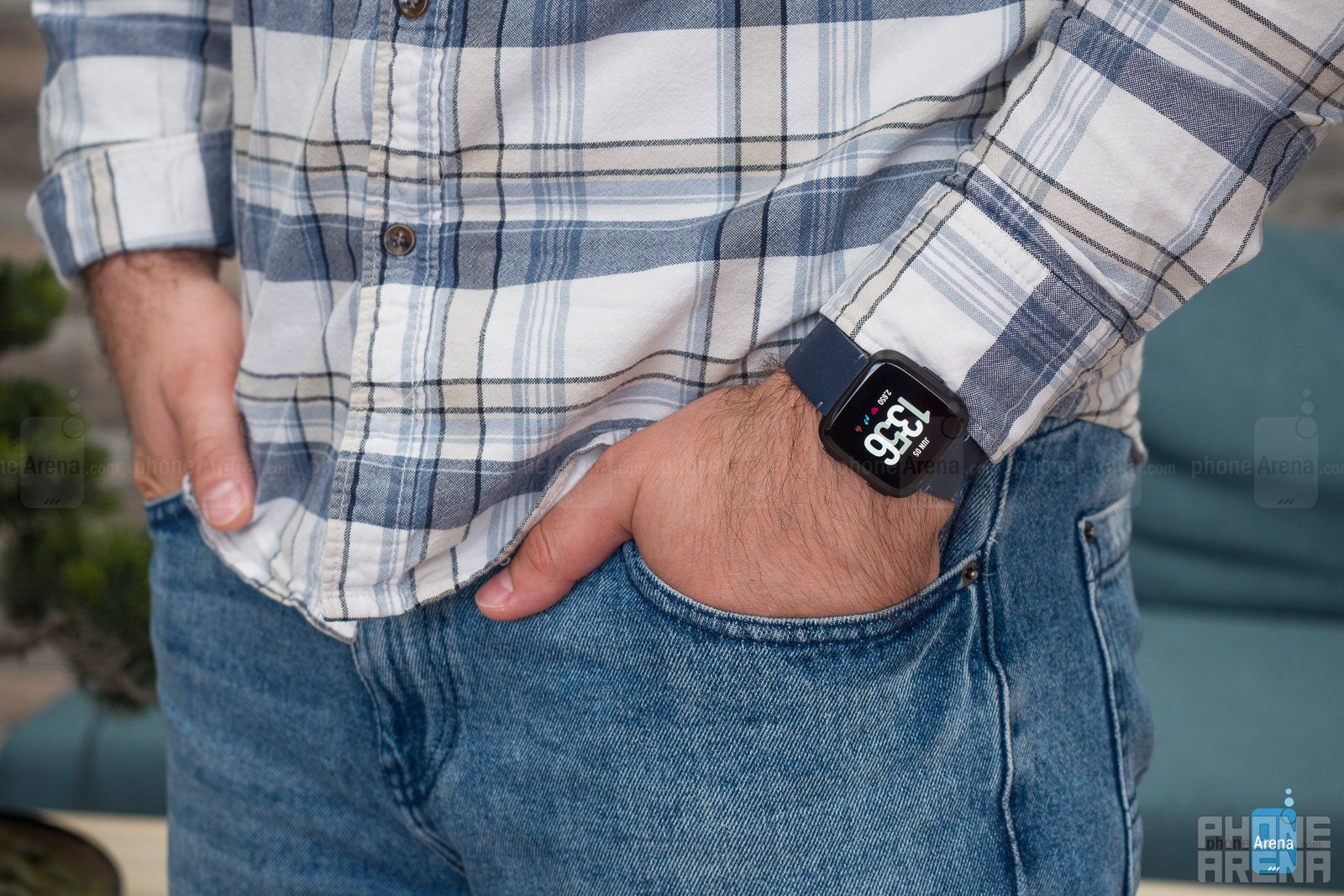
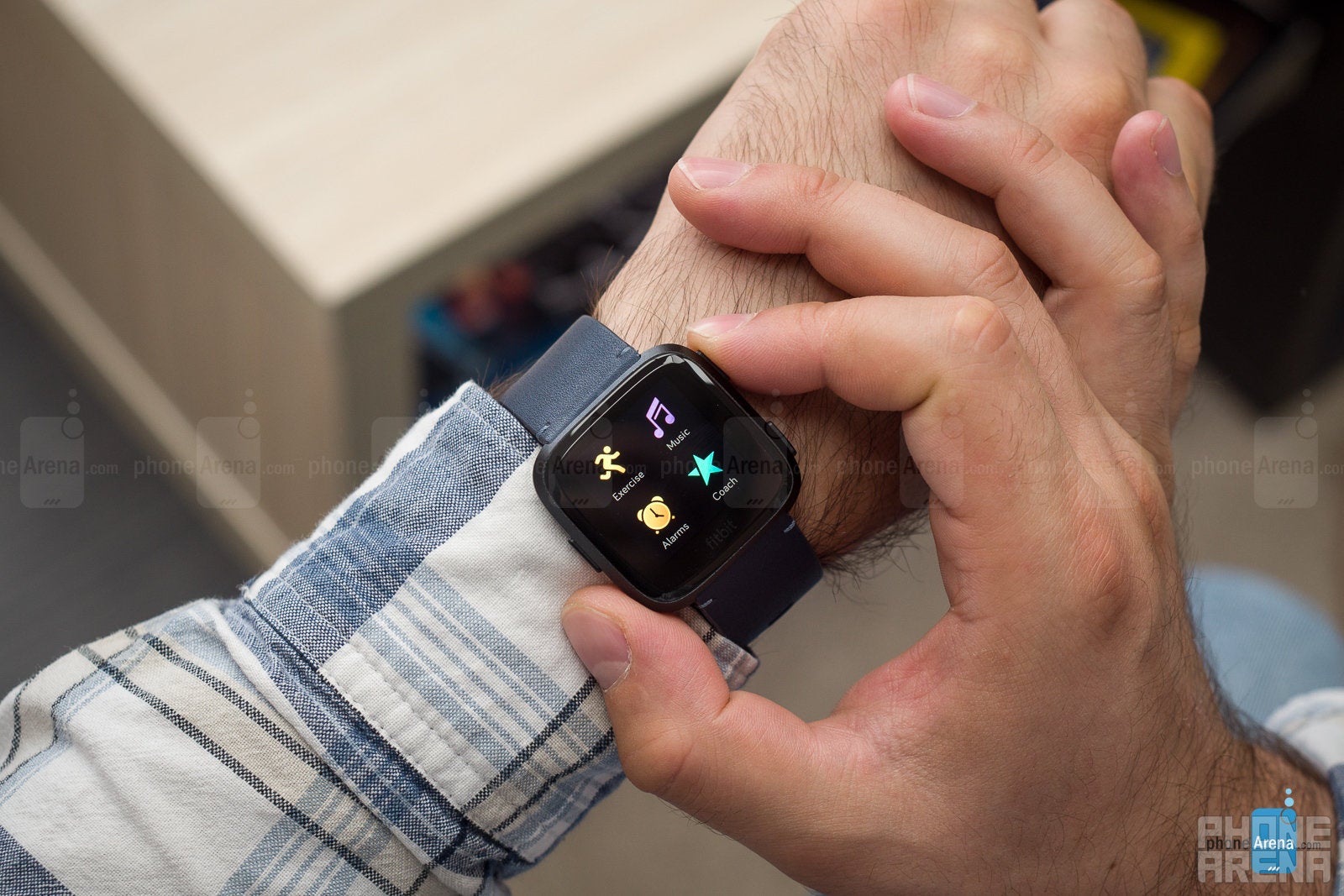
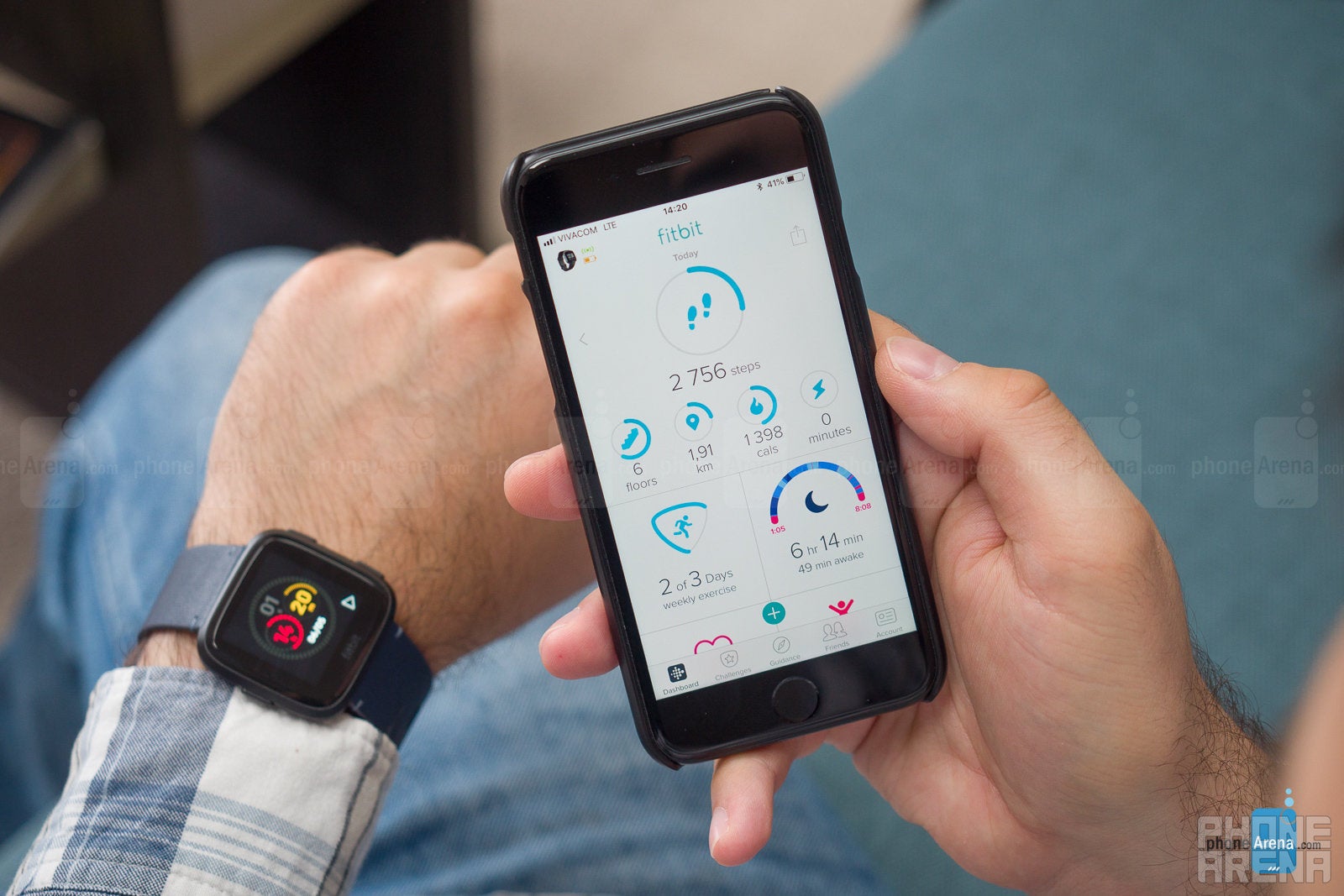
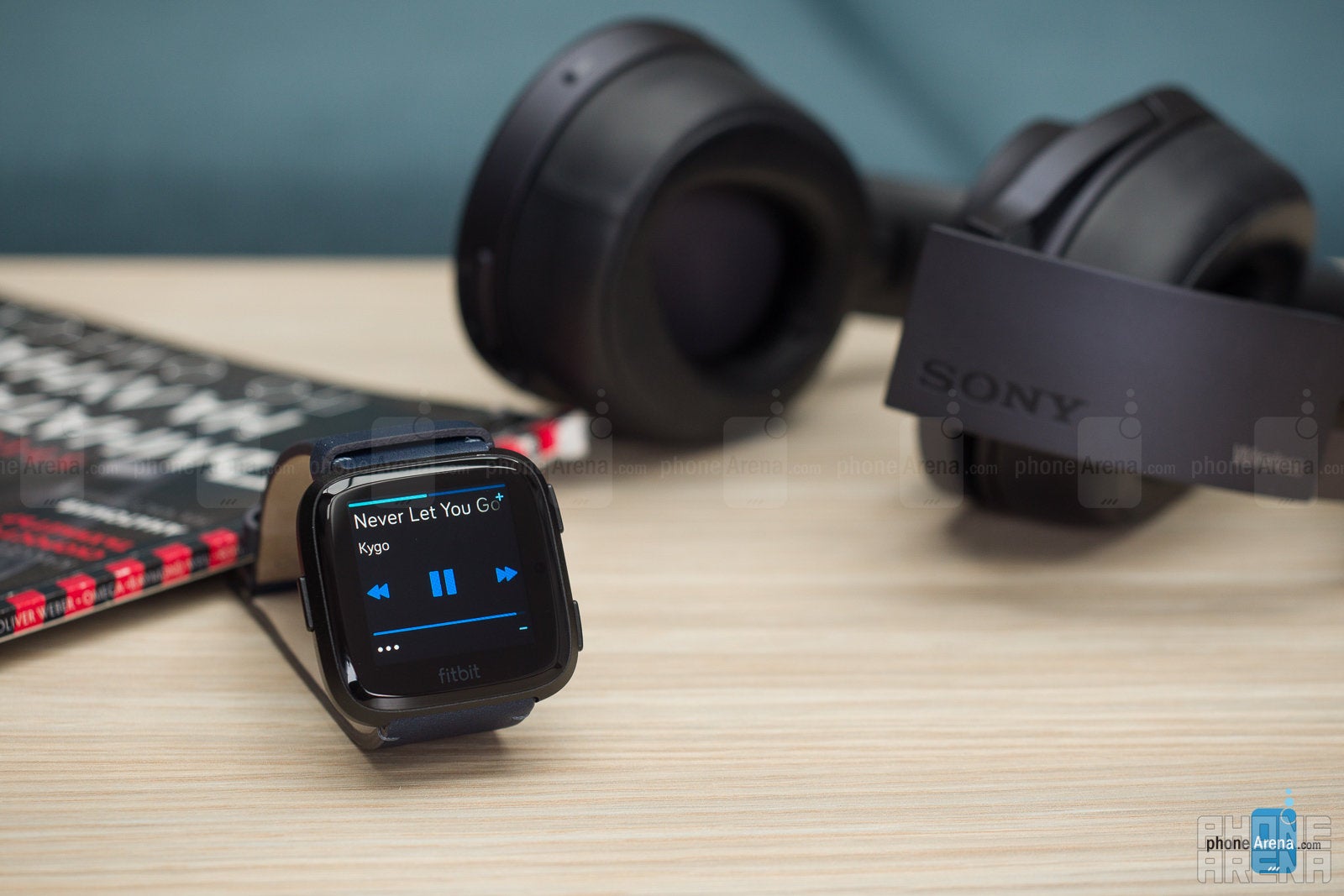
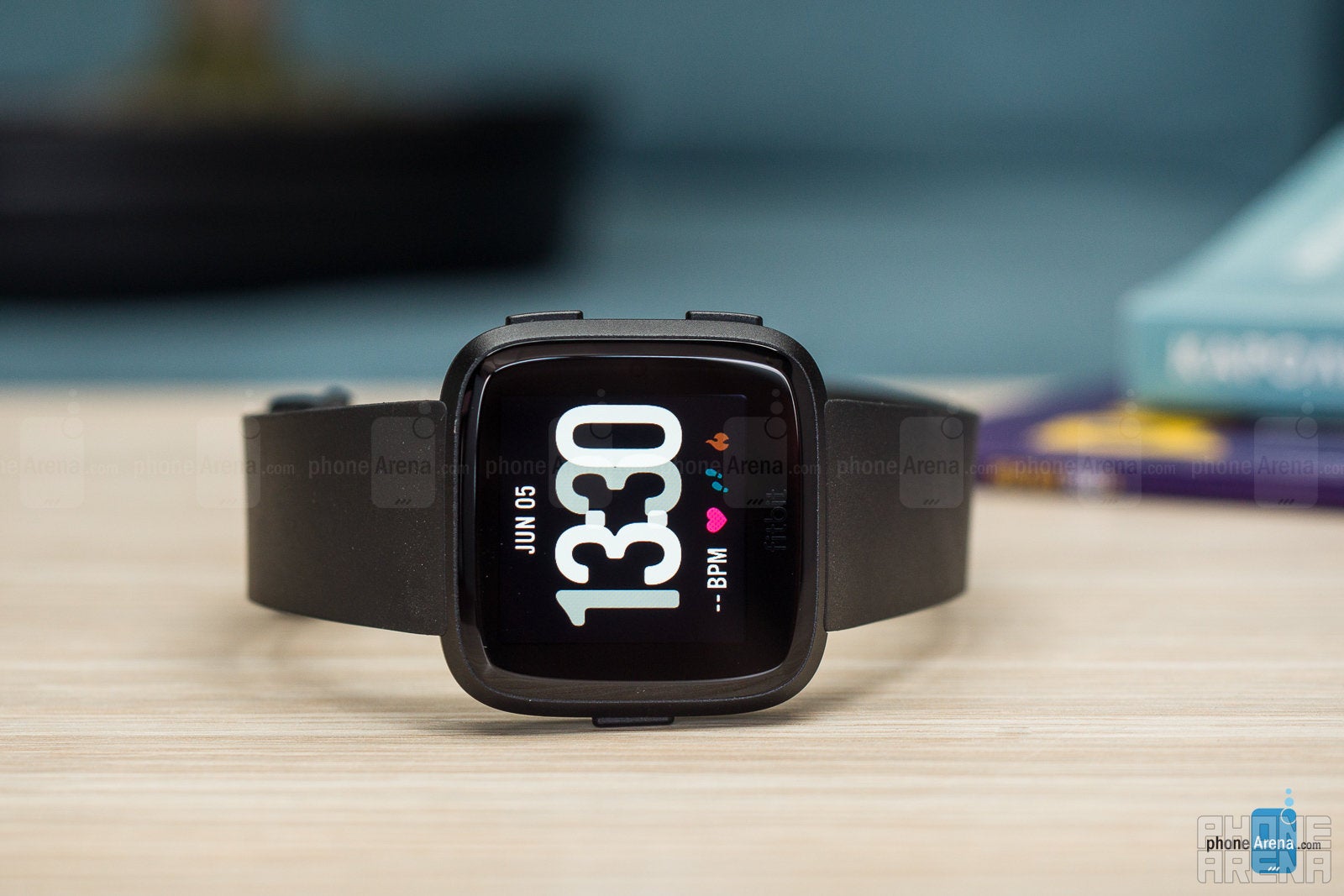



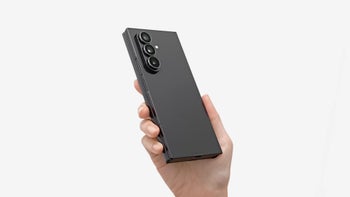








Things that are NOT allowed:
To help keep our community safe and free from spam, we apply temporary limits to newly created accounts: